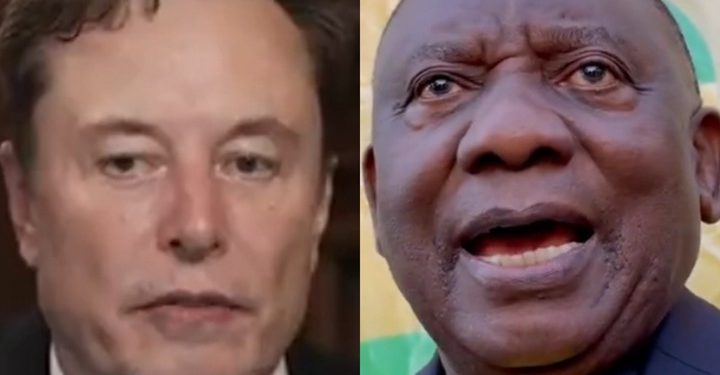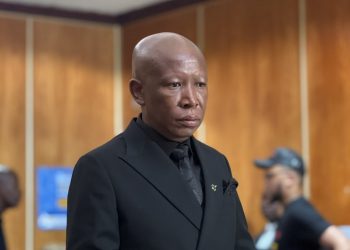South African President Cyril Ramaphosa has pushed back against persistent claims of “white genocide” in the country, dismissing them as baseless and harmful to the nation’s reputation. His remarks, made in a recent social media statement, come ahead of his planned visit to the United States, where he aims to counter what he calls “false narratives” about South Africa.
However, his comments drew a sharp rebuke from Elon Musk, the South African-born tech billionaire, who accused the government of institutionalized discrimination. Musk claimed that over 100 laws in South Africa explicitly target non-black citizens, comparing the policies to apartheid and calling for international sanctions unless they are repealed.
The false narratives about a genocide are not a reflection of who we are as a nation and during our working visit to the U.S. we will be advancing a proudly South African message. pic.twitter.com/x1MI8N76bt
— Cyril Ramaphosa 🇿🇦 (@CyrilRamaphosa) May 16, 2025
Fact-Checking Musk’s Claims
Musk’s assertion that South Africa has passed more than 100 racially discriminatory laws lacks concrete evidence. While the country has enacted policies like affirmative action and land reform to address apartheid-era inequalities, these measures are constitutionally mandated to redress historical imbalances—not to target any racial group.
For example, the Expropriation Act (2025), which allows the state to acquire unused land for redistribution, has not resulted in any seizures to date. South African courts have repeatedly upheld such policies as lawful and necessary, given that 72% of farmland remains white-owned despite white South Africans making up only 7% of the population.
Similarly, claims of a “white genocide” have been debunked by courts and researchers. A 2025 High Court ruling found that farm attacks—often cited as evidence—are part of broader crime trends rather than racially motivated violence.
Why Sanctions Would Harm South Africa
Musk’s call for sanctions has sparked alarm among economists and human rights advocates. Given South Africa’s fragile economy—with 32% unemployment and deep racial wealth disparities—such measures could worsen poverty, which already affects 64% of black South Africans compared to just 1% of white citizens, according to the SA Human Rights Commission.
Critics argue that sanctions would:
-
Undermine economic recovery, hurting the most vulnerable.
-
Disrupt foreign investment, slowing job creation.
-
Politically isolate South Africa, making reform harder.
A Need for Nuance, Not Polarization
While Musk’s concerns about policy impacts are worth discussing, his framing risks oversimplifying a complex issue. South Africa’s transformation remains incomplete, and while some reforms may need refinement, punitive measures like sanctions could reverse progress rather than advance justice.
President Ramaphosa’s upcoming US visit will likely focus on clarifying these issues, emphasizing that South Africa’s laws aim for equity, not retribution. The challenge now is ensuring that global debates on South Africa are grounded in facts—not hyperbole.
The Way Forward
Constructive dialogue—not sanctions—is key. South Africa’s inequalities demand balanced solutions that address historical injustices without fueling division. As the nation navigates this debate, the world should engage with accuracy and context, not sensationalism.






















